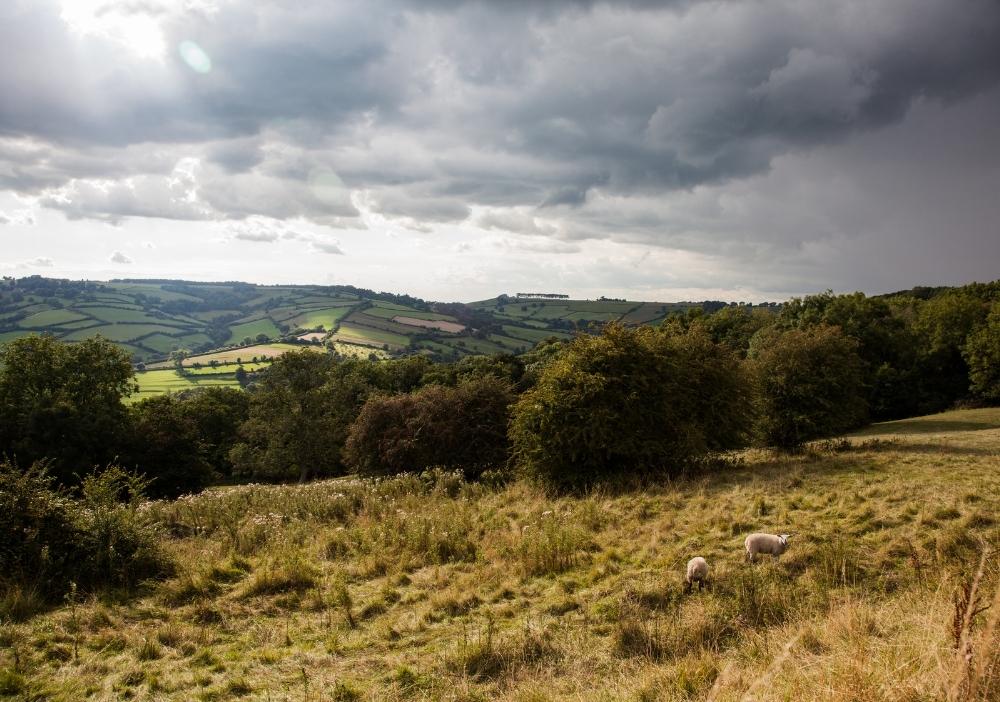It’s widely known that exercise is an important part of a healthy lifestyle, and this is nonetheless relevant for older people and people with disabilities – including dementia – who, perhaps, find it harder to move around and feel motivated, as their world becomes smaller. Spending time outdoors, breathing fresh air and experiencing the sensory effects of the weather, is imperative for good health.
Here are some of the reasons why being outdoors in the fresh air is good for people living with dementia – and everyone:
- Fresh air helps to galvanise bodily functions
- Fresh air helps people to digest food more effectively, improves blood pressure and heart rate, and strengthens the immune system.
- Fresh air improves feelings of happiness
- Research has demonstrated that being outdoors yields positive emotions, which are, in turn, associated with a range of long-term health habits, for example, giving up smoking, better sleep quality – important factors for reducing the risk of vascular disease.
- Fresh air cleans the lungs
- Fresh air helps the airways of our lungs to dilate more fully and improves the cleansing action of your lungs. Exhaling releases airborne toxins from the body.
- Fresh air leads to greater energy levels and sharper cognitive functioning
- Research shows that “spending time in fresh air, surrounded by nature, increases energy levels in 90 percent of people” (Abigail Wise, The Huffington Post).
“Nature is fuel for the soul” says Richard Ryan, researcher and professor of psychology at the University of Rochester. “Often when we feel depleted, we reach for a cup of coffee, but research suggests a better way to get energised is to connect with nature”. Notwithstanding the physical benefits, being outdoors and around natural elements has a positive impact on ‘subjective vitality’(Richard Ryan, et al).
For people living with dementia who are physically active and engaged in hobbies and pastimes that take them into the open air, keeping those activities going – with additional support and supervision as necessary – will be crucial to their on-going life quality. These activities may also fend off the worst effects of their dementia for longer, maintaining physical wellbeing and promoting good mental health. But for those with physical fragility and persistently in pain, it may be more difficult to have access to the outdoors. Even short periods of time outdoors will be beneficial, however, if a person’s mobility, living arrangements or health conditions mean that being outside is impossible, bringing the outdoors to them in their living environment is of immense value.
Autumn is upon us, the air is cooler and, as always, the UK weather is unpredictable. For an excursion in the countryside, it is important to dress in layers. This way, a person living with dementia can continue to enjoy an outside experience even in colder weather.
Some tips on layering clothes:
- Wear a base layer – whatever the temperature, always wear a light, long-sleeved base layer next to your skin to help manage moisture. Thinner layers wick sweat better and dry faster.
- Wear an insulating layer – the insulating layer protects you from the cold – either wool, polyester, or a blend of the two would be the ideal fabric.
- Wear a shell layer – the outer layer helps protect you from the weather, shielding you from wind and rain.
The advantage of layering is that you can simply add or subtract layers as needed.
The cycle of the seasons is familiar to us all, and for people living with dementia, recognising and experiencing different seasons is a useful hook for prompting memories and discussing seasonal characteristics, such as the weather, wildlife associated with different seasons, traditions, religious and other festivals and celebratory family events that may have seasonal associations.
There are many local projects offering opportunities for people with dementia to take part in outdoor activities, One such is the Creative Spaces Project run by the Sensory Trust in Cornwall https://www.sensorytrust.org.uk/index.html Amongst other things, the Sensory Trust co-ordinates a walking group – the Happy Wanderers – for people with dementia and their families. Project Manager, Wendy Brewin has observed how outdoor activities, such as the ‘Happy Wanderers’ has the effect of building confidence and improving mental health and wellbeing.
If you are involved with a project that enables you to take part in outdoor activities, or if you are the carer of a relative who benefits from outdoor activity, we would be pleased to hear from you. Email me at barbara@livebetterwith.com to let me know about the ways in which nature and sensory stimulation helps you.
SHARE
Explore more




